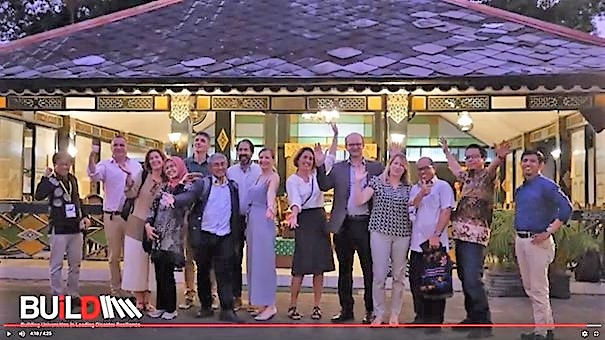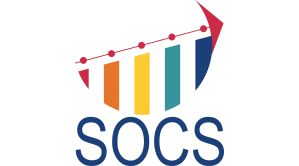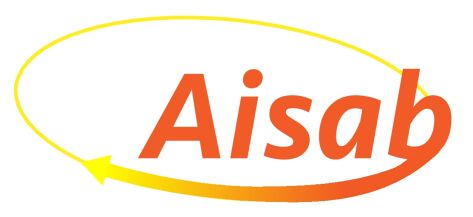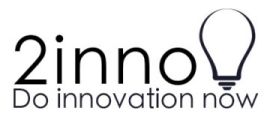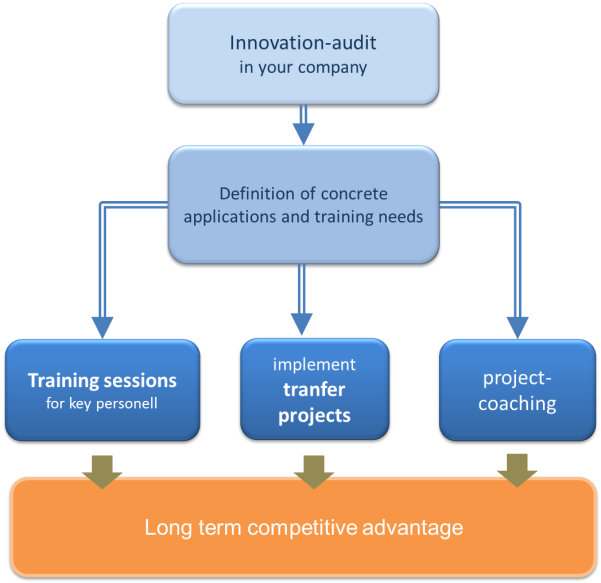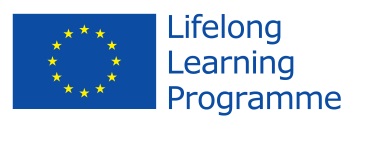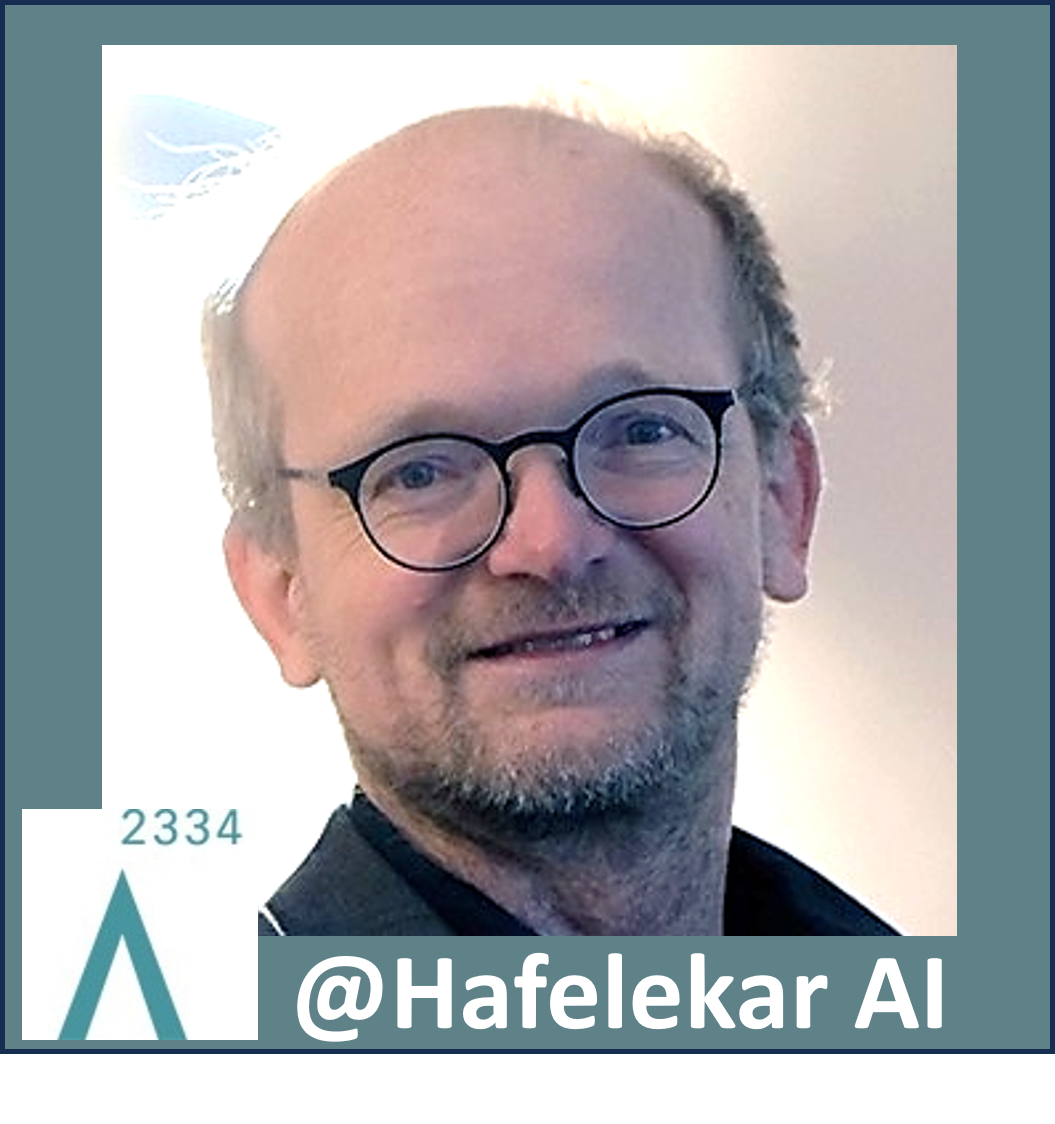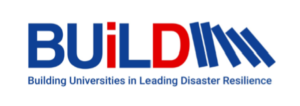
The mission of the BUiLD project is to develop Indonesia’s national Crisis Management and Resilience knowledge, preparedness and response capability, through the design and implementation of a Disaster Resilience Framework across Indonesia and its Higher Education Institutes.
The project aims to create a Centre of Excellence in Disaster Resilience in each participating Indonesian university. Under the umbrella of a National Disaster Resilience Network, these centres will act as local enablers in the implementation of a comprehensive Disaster Resilience Framework. Based on the penta helix model, the vision behind the creation of the centres and the national disaster resilience network is to facilitate collaboration between universities and the public, private and third sector. This Disaster Resilience Framework integrates resilience capacity building at multiple levels, including the individual, programme, institutional and national level. It addresses several aspects of resilience capacity-building, including university governance, disaster response and recovery capability, disaster awareness training, curriculum development, internal and external information exchange and knowledge transfer as well as fundraising.
Objectives
- One of the project’s objectives is to increase the attractiveness of disaster resilience education and career development in order to build future research, innovation and leadership capacity. Aligned with the aims of the Erasmus+ Capacity Building in Higher Education programme, the project will lead to the modernisation of university governance across Indonesia, improve the management and functioning of universities in crisis situations, and strengthen their external relationships.
- Cumulatively, Indonesian partner universities have a diverse network and close working relationships with key organisations. These include the National Ministry of Education and Higher Education (formerly MoRTHE), the National Disaster Mitigation Agency (BNPB), non-governmental disaster aid organisation ACT Alliance, the Muhammadiyah Disaster Management Centre (MDMC) and funding platforms kitabisa and Lazismu.
- At local level, partner universities have working relationships with emergency services, including the police, hospitals, the military and with local businesses and communities. The project endeavours to consolidate and considerably strengthen the disaster resilience expertise and response capability that already exist in participating universities and their networks.
By October 2022 a minimum of 8 universities across Indonesia will have adopted the Build Best Practice Model for University Governance. A minimum of 8 universities will have participated in the BUiLD Disaster Awareness Campaign and been trained on delivering a disaster awareness workshops to students, staff and associated stakeholder groups and the use of virtual reality equipment. A minimum of 8 Centres of Excellence in Disaster Resilience will have been created A working BUiLD Disaster Resilience Network for cross-sector information sharing and knowledge transfer will have been established, supported by a web portal.
Project duration
November 2019 to October 2022
Web
Project Partners
- University of Gloucestershire, Great Britain – Coordination
- Universitas Ahmad Dahlan (Java), Indonesia
- Universitas Islam Indonesia (Java), Indonesia
- President University (Java), Indonesia
- Universitas Andalas (West Sumatera), Indonesia
- Universitas Lambung Mangkurat (Kalimantan), Indonesia
- Universitas Muhammadiyah Palu (Sulawesi), Indonesia
- Universitas Khairun (North Maluku), Indonesia
- Universitas Surabaya (Java), Indonesia
- University College Copenhagen, Denemark
- Instituto Polytechnico Porto, Portugal
- External Evaluator Joerg Krauter from SYNK Gruppe, Germany
- Hafelekar Unternehmensberatung (Austria)

This project has been funded with support from the European Commission. This communication reflects the views only of the author, and the Commission cannot be held responsible for any use which may be made of the information contained therein.

